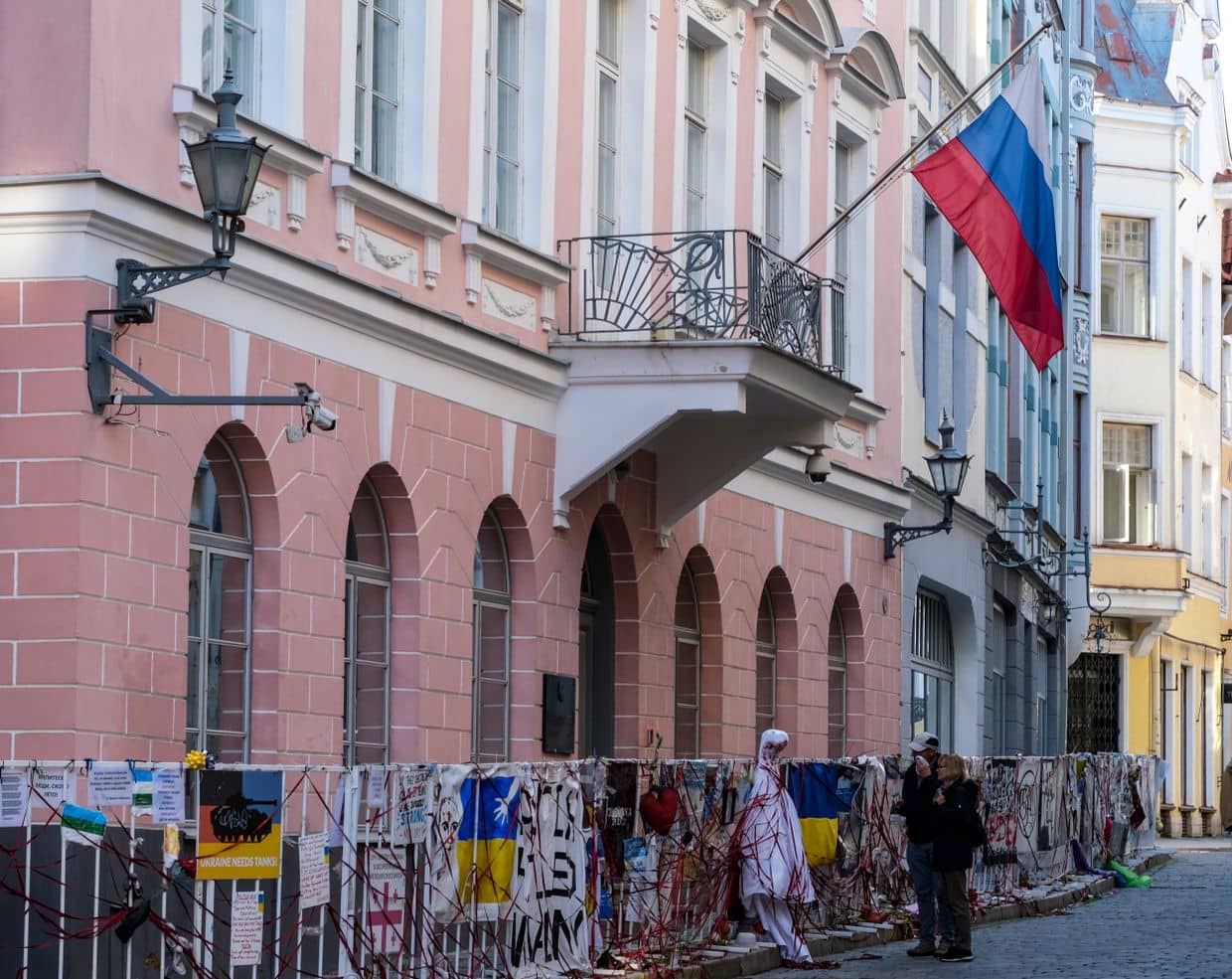Recently, Estonia’s President Alar Karis signed a constitutional amendment that prohibits non-EU citizens from participating in local elections. This legislative change targets the substantial Russian minority in Estonia, comprising approximately 80,000 individuals. The amendment was largely motivated by security concerns stemming from Russia’s invasion of Ukraine in 2022. The Estonian government aims to protect the cohesion of its society amidst rising tensions with Russia.
Background of the Amendment
Estonia regained independence from the Soviet Union in 1991. At that time, many Russian-speaking individuals settled in Estonia but did not acquire citizenship due to insufficient family ties. This change in the law reflects ongoing fears regarding Russia’s intentions towards its neighbours and the potential for internal discord.
Legislative Process and Support
The amendment received overwhelming support in the Estonian parliament, with 93 out of 101 lawmakers voting in favour. Prime Minister Kristen Michal hailed this decision as a victory for Estonian sovereignty. The government argues that local governance should not be influenced by citizens of a nation perceived as an aggressor.
Impact on Russian-speaking Minorities
The new law primarily affects Russian residents who had previously held the right to vote in local elections. Critics, including the mayor of Narva, express concerns over the division this creates within Estonian society. They argue that citizenship status should not be equated with security threats.
Broader Implications for Estonia
This amendment is part of a larger trend where Estonia and other Baltic states are distancing themselves from Russian influence. The countries are increasing defence spending and dismantling Soviet-era monuments to assert their independence. This shift indicates change in the political landscape of the region.
Citizenship and Language Requirements
To obtain Estonian citizenship, applicants must pass a language test. This requirement has historically excluded many Russian-speaking residents from full participation in Estonian society. The law’s proponents argue that it is essential for national security and unity.

Leave a Reply